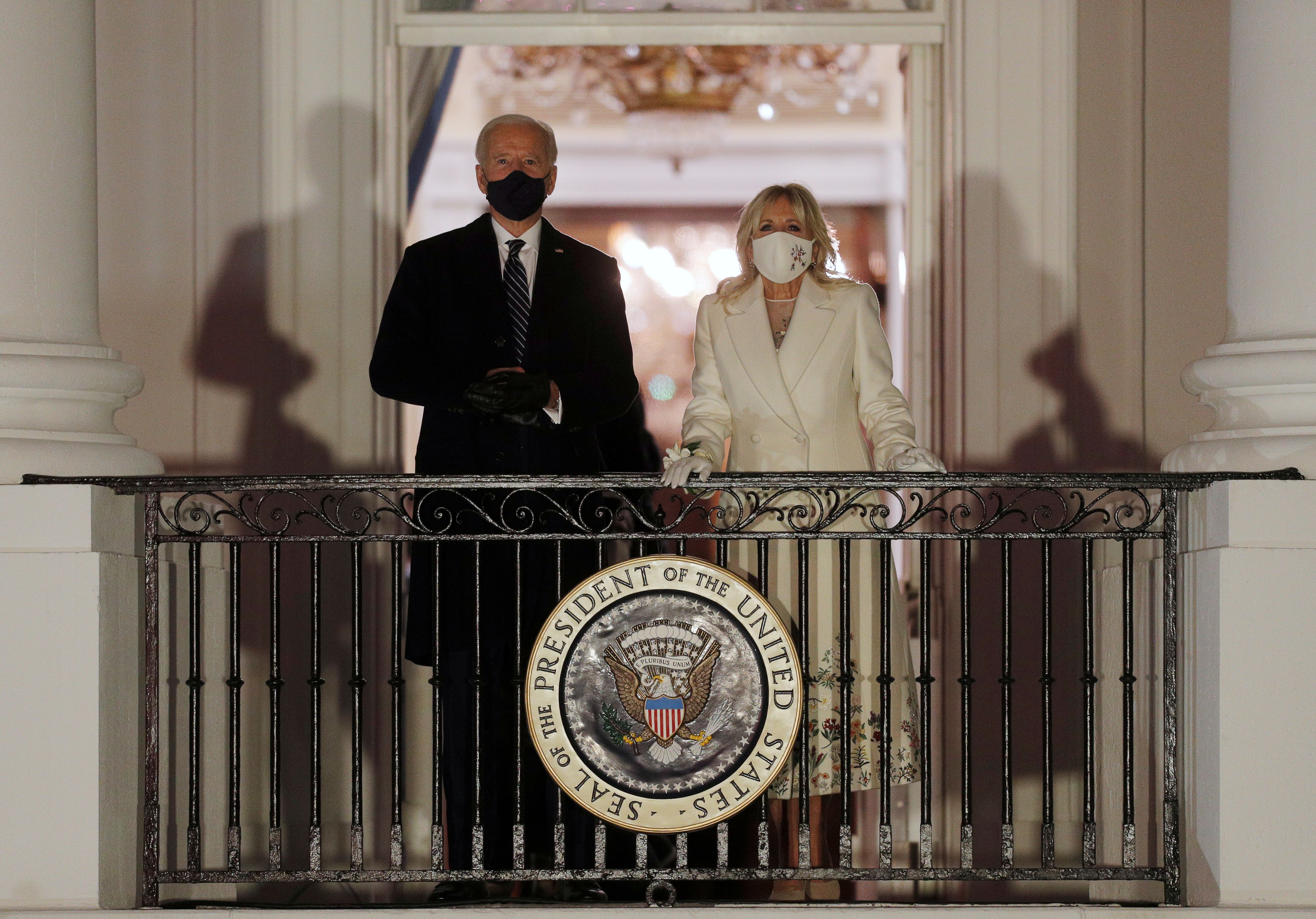Biden’s Inauguration and First Executive Orders

What was the main message of the inaugural speech?
Biden called on Americans to unify and encouraged them to denounce violence and to build bridges to heal divisions. He condemned the attack by Donald Trump’s supporters on the Capitol building that took place on 6 January. Biden emphasised that Americans could unite around common history, democratic values, and the most urgent challenge—counteracting the spread of COVID-19. Biden’s message was supposed to be a turning point for a society tired of the pandemic and political civil war.
What does the speech say about the president’s plans?
Biden promised to fight with the same determination to advance the interests of his own constituencies as well as the wider electorate, including Trump supporters and other Republicans. Throughout his public career, Biden has preferred the conciliatory model of politics, and as president he will primarily implement a Democratic programme. But fulfilling campaign promises and implementing broader Democratic ideas will be unacceptable to most Trump supporters, who still accuse Biden of winning the presidency through electoral irregularities. The new administration’s priorities will be combating the COVID-19 pandemic and implementing an economic stimulus package initially targeted at $1.9 trillion. Biden announced that in his first hundred days in office, his administration would work to deliver anti-COVID vaccines to 100 million Americans.
What were the new president’s first decisions?
On his first day in office, Biden issued executive orders reversing some of Trump’s orders. These include blocking the construction of the Keystone XL pipeline because of its potential impact on the environment, lifting the suspension of federal funds for cities sheltering illegal immigrants, introducing pandemic safety measures in federal institutions and on U.S. government sites, and lifting restrictions on military service for transgender people. The president also submitted a bill to Congress partially reforming the immigration system and ordered the halt of construction of the border wall with Mexico and reinstatement of funds appropriated to military construction but used for the wall. Biden also established a COVID-19 response task force that will coordinate federal and state activities in the areas of vaccination, distribution of protective materials, testing, and reopenings, including schools.
What will be Biden’s foreign policy priorities in his initial period in office?
In his inaugural address, Biden devoted only a short fragment to foreign policy. He outlined the need to rebuild U.S. international alliances on the basis of common values and announced a U.S. return to the role of a trustworthy global leader. In his election campaign, he postulated an ambitious foreign policy programme that included the U.S. returning to multilateral formats, refocusing efforts on promoting democratic values and human rights, and combating climate change. Therefore, Biden’s decisions on his first day included a declaration of the U.S. return to the World Health Organisation and the Paris climate agreement. The travel ban for citizens of predominantly Muslim countries was also lifted. Despite these foreign policy moves, in the coming months, the administration’s attention will be focused on domestic affairs, primarily the fight against COVID-19 and supporting the economy. Foreign issues will remain in the background, apart from those requiring immediate action, such as the renewal of the New START treaty and the return to talks with Iran regarding the nuclear deal (JCPOA).


